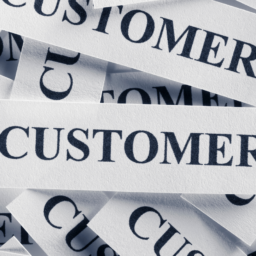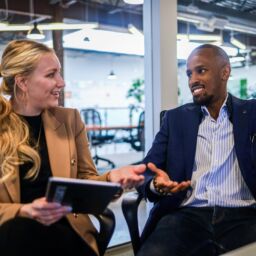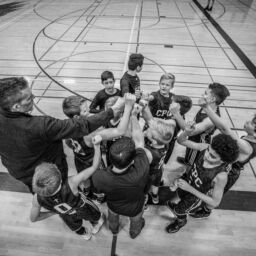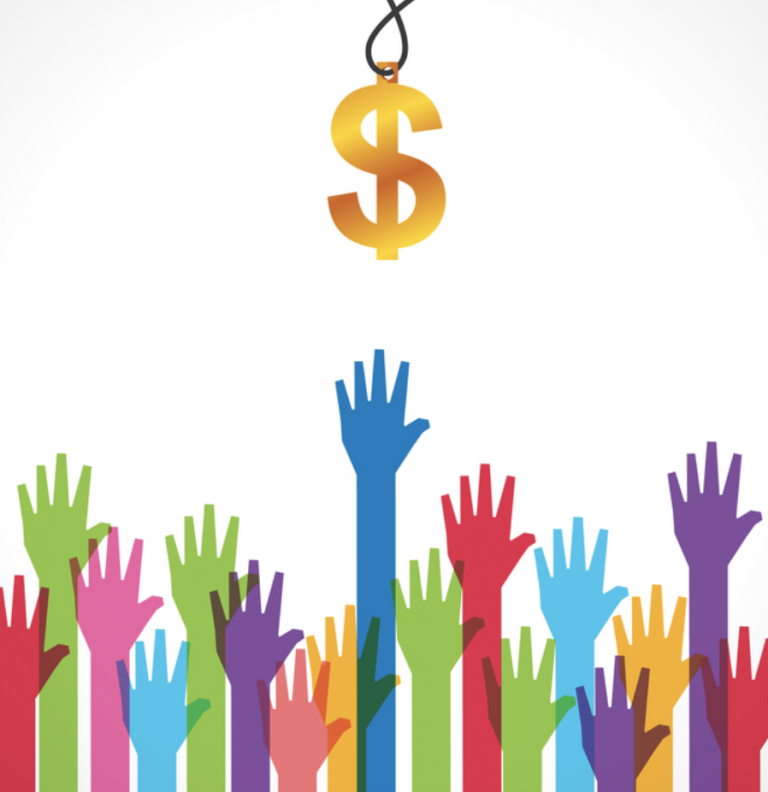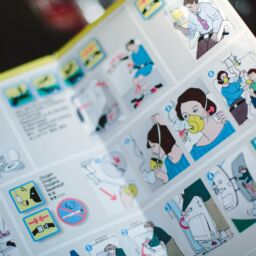
Confidence for Hard Conversations

Communication is everything. Our current societal environment can make communication hard; Can I say that? How do I say that? Should I say that? How will they react? Successful communication skills are one of the most important parts of being a good leader. They are especially necessary when having hard or difficult conversations.
4 Tips for Hard Conversations
Get prepared-Know Your Goal
When approaching a stressful conversation, leaders need to come prepared. First, acknowledge and understand your own thoughts and feelings so they won’t interfere with an open, honest dialogue. This allows you to be fully present with the other person. Second, clearly articulate what you hope to achieve with the conversation before you have it. This gives you more confidence and control for a healthy dialogue that hits key points.
Listen–
Hard conversations are just that — a conversation. While you come prepared, you must be ready to listen and understand the thoughts and concerns of the other person (which is why you prepare and acknowledge yours first). This allows you to address concerns in-the-moment rather than having things get out of control. Listening also means not taking it personally, so you can adapt or pivot as needed.
Self-awareness–
Being aware of your own communication style and how you can react in conversations is crucial for leaders. This can refer to your tone, body language, or general demeanor. Employees are picking up on all of these nonverbal cues during the conversation. Be conscious of your own reactions and how they can support or limit healthy communication.
Feedback –
Closing a hard conversation with a positive, proactive tone is important. One way to tackle that is with the Wortmann’s Feedback Model:
- What’s one thing you think you did well in our conversation?
- One thing I think you did well?
- What is one thing you think you could do better?
- One thing I think you could do better
Answering these questions takes vulnerability and trust, and can be an incredible learning opportunity in growing your leadership communication skills. You may also find your relationship with another person strengthens through this open and honest feedback.




